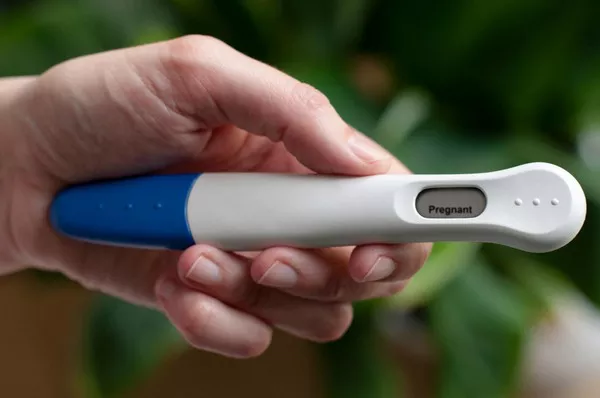Determining whether you are pregnant or not is an important milestone in many people’s lives. The timing of a pregnancy test is crucial, as it can greatly influence the accuracy of the results. In this article, we will explore various factors that affect when and how soon you can test for pregnancy. We will delve into the biology of pregnancy, the types of pregnancy tests available, and provide guidance on optimal testing times to ensure reliable results.
Understanding the Biology of Pregnancy:
Before discussing when to take a pregnancy test, it is essential to understand the biology behind it. When a sperm fertilizes an egg, it implants itself into the uterus, leading to the production of a hormone called human chorionic gonadotropin (hCG). This hormone is responsible for sustaining pregnancy and is detectable in the body through various tests.
Types of Pregnancy Tests:
There are two primary types of pregnancy tests available – urine tests and blood tests. Urine tests, also known as home pregnancy tests (HPTs), are commonly used due to their convenience and ease of use. These tests detect the presence of hCG hormone in the urine. Blood tests, on the other hand, involve a visit to a healthcare professional who will analyze a blood sample to measure hCG levels.
When Can You Take a Pregnancy Test?
1. Timing with Urine Tests:
Most urine tests are designed to detect hCG levels approximately one week after conception. However, the accuracy of these tests can vary depending on the brand and sensitivity level. For accurate results, it is advisable to wait until the day of your missed period before taking a urine test. Testing earlier than this may yield false negative results due to low hCG levels.
2. Timing with Blood Tests:
Blood tests, particularly quantitative hCG tests, can detect lower levels of hCG earlier than urine tests. These tests can provide accurate results as early as 10 days after conception. However, it is recommended to wait until the first day of your missed period to ensure reliable results.
Factors Affecting Testing Accuracy:
Several factors can influence the accuracy of pregnancy test results, including:
1. Pregnancy Timing:
Testing too early, even with highly sensitive tests, may produce false negative results due to low hCG levels in the early stages of pregnancy. Waiting until the first day of your missed period or a week after conception increases the chances of obtaining accurate results.
2. Test Sensitivity:
Different brands of urine tests have varying sensitivities to hCG levels. Some tests are designed to detect lower levels of hCG, enabling earlier testing. When purchasing a home pregnancy test, check its sensitivity level to ensure optimal accuracy.
3. User Error:
Carefully follow the instructions provided with the pregnancy test kit. Improper usage, such as incorrect timing or not using the first urine of the day (which contains higher concentrations of hCG), can lead to inaccurate results.
4. Medications and Medical Conditions:
Certain medications and medical conditions can interfere with pregnancy test results. Fertility treatments containing hCG, certain medications, and medical conditions like ovarian cysts or certain types of cancers can affect hCG levels and yield false-positive or false-negative results. It is advisable to consult with a healthcare professional if you are unsure about the impact of your medication or condition on the test results.
Conclusion:
Determining the right time for a pregnancy test is crucial for accurate results. While some urine tests claim to provide early detection, waiting until the day of your missed period or at least a week after conception generally yields more reliable outcomes. Factors such as test sensitivity, user error, and certain medications or medical conditions can influence the accuracy of results. If you are uncertain about when to test or have concerns regarding your results, it is always best to consult with a healthcare professional for further guidance.


